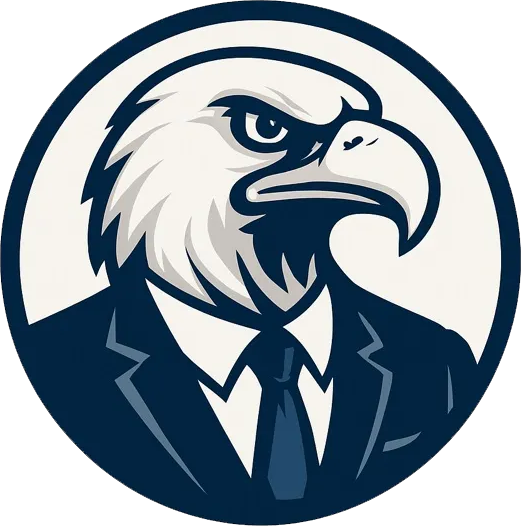Dentistry is a profession built on precision, skill, and trust — but it’s also one that depends heavily on your physical ability. For many dentists, years of education, training, and practice have culminated in a career that provides both purpose and financial stability. However, what happens if an injury or illness prevents you from working?
Even a temporary disability can lead to lost income, disrupted patient care, and financial strain on your family or practice. The reality is that your most valuable asset isn’t your equipment or your office — it’s your ability to earn a living. That’s where own-occupation disability insurance comes in.
What Is Own-Occupation Disability Insurance?
Unlike traditional disability insurance that may only pay benefits if you’re unable to work in any capacity, own-occupation disability insurance provides coverage specifically if you can no longer perform the duties of your chosen profession — in this case, dentistry.
For example, if an injury prevents you from practicing as a dentist but you can still work in another role, such as teaching or consulting, you would still receive full disability benefits under an own-occupation policy. This unique structure ensures that your years of specialized training and income potential are fully protected.
Why Own-Occupation Coverage Is Essential for Dentists
Dentists are particularly vulnerable to career-ending injuries due to the physical demands of their work — long hours bent over patients, repetitive hand motions, and the need for fine motor control. Even minor conditions like chronic neck or hand pain can limit your ability to practice effectively.
Here’s why own-occupation disability insurance is so critical:
- Income Protection: It safeguards your earnings if you’re unable to perform dental procedures, even if you can still work in another capacity.
- Long-Term Security: Policies can replace up to 60–70% of your income, ensuring stability for your family and practice.
- Flexibility: You can still pursue alternative careers or roles within dentistry without losing benefits.
- Peace of Mind: Knowing your financial future is secure lets you focus on recovery and well-being rather than financial stress.
Common Misconceptions About Disability Insurance
Many professionals underestimate their risk of disability or assume that basic group coverage is enough. Unfortunately, that’s rarely the case.
Here are a few common misconceptions:
- “I’m young and healthy — it won’t happen to me.”
Statistics show that one in four workers will experience a disabling event before retirement age. - “My employer plan covers me.”
Group policies often have strict definitions of disability and may not offer own-occupation protection. - “I’ll rely on savings.”
Even substantial savings can be depleted quickly when medical bills and living expenses pile up during a disability.
An individual own-occupation policy can fill these gaps and provide a tailored safety net that standard plans simply don’t offer.
Building Long-Term Financial Stability
Beyond just protecting income, own-occupation disability insurance plays a critical role in a comprehensive financial plan. It safeguards your mortgage payments, retirement contributions, and children’s education funds — ensuring your long-term goals remain achievable.
For dentists who own their practices, coverage also helps maintain business continuity, supporting ongoing expenses such as rent, staff salaries, and loan payments during recovery.
Partnering With Eagle Insurance & Financial
Navigating disability insurance options can feel overwhelming, but you don’t have to do it alone. Eagle Insurance & Financial specializes in helping medical and dental professionals build secure financial futures. Our experienced advisors understand the unique risks and responsibilities of your profession and can help you tailor a policy that truly protects your livelihood.
If you’re ready to safeguard your income and ensure financial stability for the years ahead, contact us at Eagle Insurance & Financial today.


